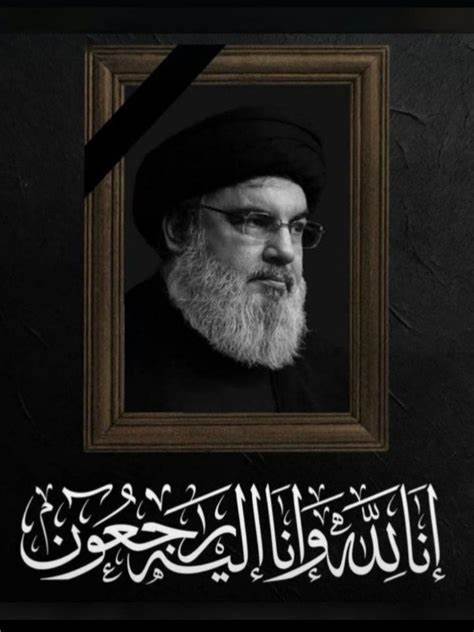The conflict between Israel and Lebanon has intensified dramatically over the past few days, with significant military action and rising casualties on both sides.
The escalation started when Iran launched nearly 200 missiles at Israel. While the rockets caused damage and scattered fires, ABC News reported that there were no major injuries. There were also many drones released in Israel. However, with US support, 99% of these attacks were intercepted by Israel’s defense.
In response to this attack, Israel conducted extensive strikes targeting Hezbollah positions in Lebanon, including the capital, Beirut.
According to CNN, these strikes have resulted in over 100 casualties and more than 350 injured. Among the casualties were several senior commanders of Hezbollah, including the leader, Hassan Nasrallah.
Hassan Nasrallah has been a long-time leader of Hezbollah, a Lebanese Shia Islamist political party and paramilitary group. Hassan Nasrallah, 64, has led Hezbollah since 1992. He is most known for his role in the 2006 Israeli war, which gave him hero status among many Lebanese.
Adding to the tension, Israeli ground forces have made a few incursions into the southern border of Lebanon. This has led to an increase in casualties and conflict.
Israel has confessed 8 casualties on their side, due to conflict with Lebanese militants at the southern border of Lebanon. Israel calls this a “limited, localized, and targeted raid” against Lebanon. This act is due to weeks of bombings that have displaced 1 million people from their homes.
Amid this chaos, another alarming conflict has emerged. On Sept. 18, 2024, walkie-talkies used by Hezbollah members exploded, resulting in 20 deaths and over 450 injuries. This followed a similar attack from the previous day which involved pagers, killing 12 people and injuring nearly 3,000.
These explosions, reportedly, are part of an Israeli intelligence operation targeting Hezbollah’s communication devices. The explosions have caused widespread panic and chaos among the public. Many hospitals are overwhelmed by the influx of patients.
In addition to these physical attacks, there is also an influx of reports of cyber-attacks on critical infrastructure in both Israel and Lebanon.
This ongoing conflict has dispersed thousands of people in southern Lebanon, which has exacerbated the humanitarian crisis in the area. Humanitarian Aid is doing its best to help and provide relief to those affected by the conflicts. Some of these organizations include the United Nations, the Red Cross, and various NGOs currently working to deliver food, medical supplies, and shelter. However, access to these areas remains challenging due to damaged infrastructure and hostilities.
The international community is closely monitoring the current situation. With many calls for de-escalation and peace talks. However, the rapid developments suggest that the conflict may escalate before any resolution is obtained.






